Spring 2026


ENVR 249 – Individual & Cultural Perspectives of the Environment
3 credit hours
ACE: 9
When: Spring 2026 | MWF 12:00-12:50 pm
Where: 107 South Hardin Hall (Auditorium)
Course Description
A global exploration and critical understanding of different perspectives on the environment and interactions with natural and managed systems.
Through project- and discussion-based learning, students will explore the influence of culture, ethics, religion, affluence, poverty, and other socio-economic factors on our relationship with the natural world and our perception of environmental issues.
Prerequisites
None
Instructor


NRES 109 – Water in Society
3 credit hours
When: Spring 2026
Where: Online
Cross-listing: AECN/ENVR/GEOG 109
Course Description
Come and learn how human and natural systems are influenced by the presence of water!
- What makes water a resource? How do humans use water?
- You will explore scientific and non-scientific dimensions of multiple local, regional, and global water issues, including scientific, ethical, civic, and engineering considerations
- This class is online, and its weekly instructional structure allows a flexible allocation of study hours during weekdays
Prerequisites
None
Instructor

NRES 321 – Arboriculture
4 credit hours
When: Spring 2026 | Lecture: MWF 10:00 - 10:50 am | Lab: M 2:00 - 4:50 pm
Course Description
The science and application of individual tree care
Understand:
- Tree growth, development, and management
- Develop skills necessary for planting, pruning and assessment
Chainsaws, tree climbing, pruning, planting, and shenanigans included
Prerequisites
Junior standing or approval
Instructor


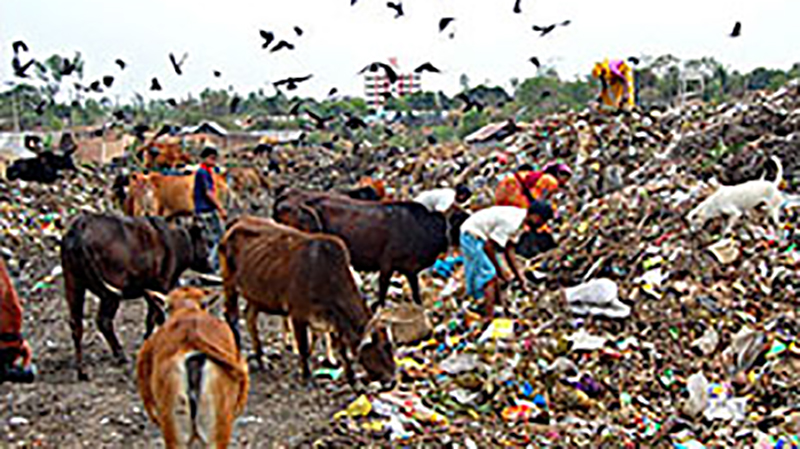
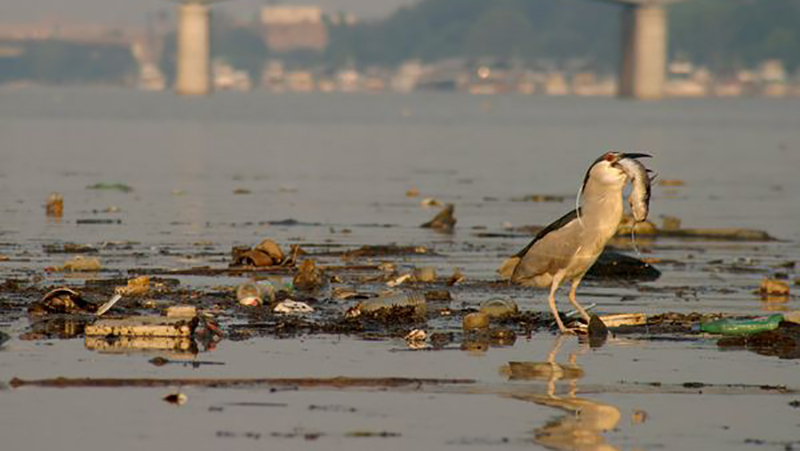
NRES 330 - Environmental Health
3 credit hour
Satisfies ACE 8
When: Spring Semester
Where: 228 South Hardin Hall
Time: M,W,F 10:00-10:50am
Course Description
This course will provide students with a comprehensive understanding of how environmental exposures to physical, chemical and biological hazards influence human health. We aim to instill a permanent awareness of environmental influences on health. This course will engage students interested in public health to environmental health and students of the natural environment to the public health aspects of environmental issues.
Using a One-Health approach, the course will offer students basic knowledge in the core concepts of toxicology, exposure and risk, vulnerable populations and the interrelationship between human health and ecosystem health.
Cross-listed NUTR 330
Instructor
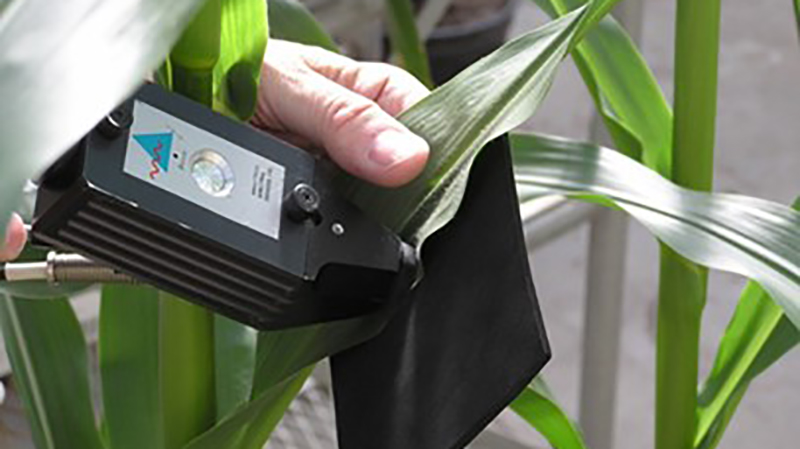
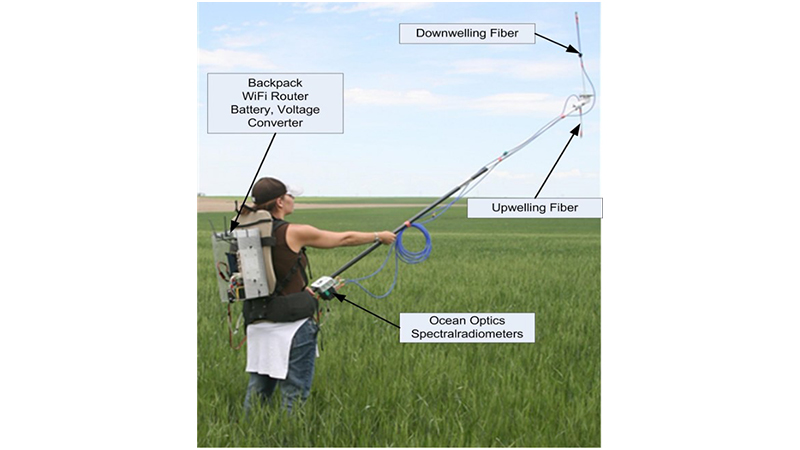
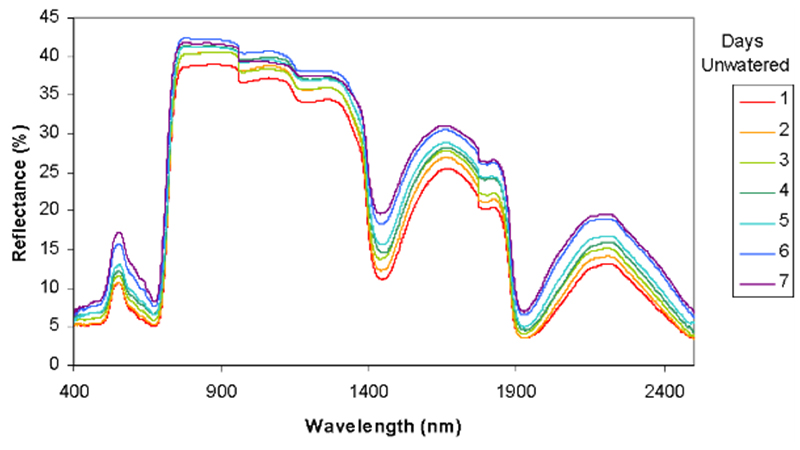
NRES 421/821 - Field Techniques in Remote Sensing
3 credit hour
Lecture: Tuesday/Thursday 2:00 – 3:15 pm**
Lab: Thursday 3:30 – 5:30 pm**
Course Description
The course introduces field remote sensing (proximal remote sensing). The focus is on field sensors and instrumentation, calibration and validation (e.g. ground truthing) of satellite and aircraft (including UAV) missions. Students will gain experience using instruments, both in the laboratory and in the field, with a particular focus on spectroscopy for vegetation studies with applications ranging from ecology and plant physiology to phenotyping and precision agriculture. We will explore systematic approaches to data collection using sensors with high spectral resolution, and subsequent data analyses. Additional emphasis will be placed on research methods and procedures.
** - Certain field activities or independent projects may occasionally require additional time
Prerequisite
NRES 418/818 or permission of instructor. Contact Dr. Gamon (jgamon@unl.edu) for course code
Instructor
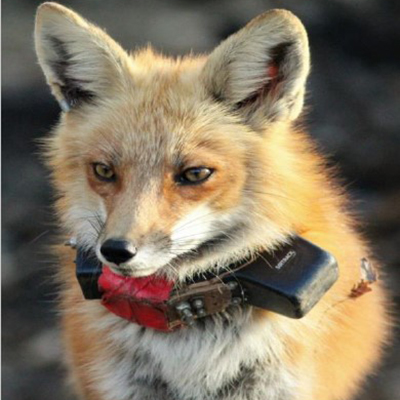
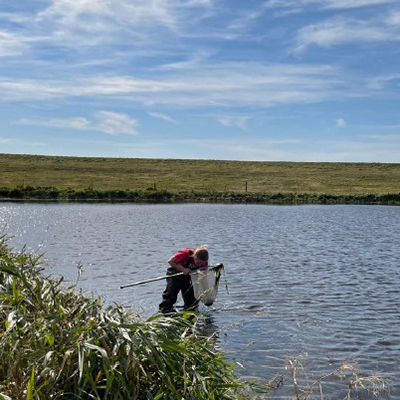
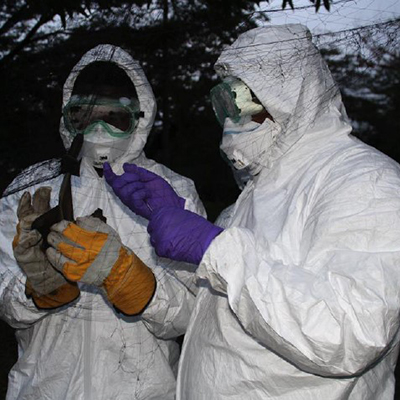
NRES 425 - Wildlife Health
3 credit hour
When: Spring 2026
Time: Tuesday & Thursday | 12:30 - 1:45 pm
Where: 145 VBS
Crosslisting: VBMS 425
Description
Are you interested in the health of free-ranging and captive wildlife populations?
Join us this spring to explore wildlife health and well-being through the lens of One Health (interconnected human, animal, plant, and ecosystem health)!
We'll dive in topics including:
- Wildlife diseases at the human-animalenvironment interface in Nebraska and beyond
- Noninfectious health threats such as habitat loss, light/sound pollution, and plastic pollution
- Wildlife trafficking/trade
- Strategies to assess and improve wildlife health
Prerequistite Courses
LIFE 120 and 121
Instructor
- Liz VanWormer (liz.vanwormer@unl.edu)
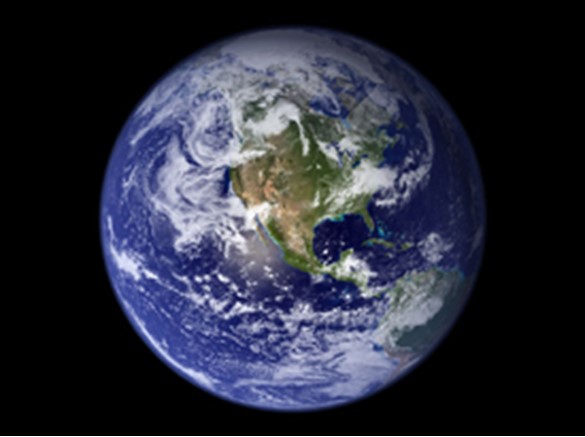
NRES 443/843 - Global Change and Ecosystems
Exploring our Mysterious Planet
3 credit hour
When: T/R 11:00 am - 12:15 pm
Where: Hardin Hall
Course Description
- Can you describe the Earth system processes that support life?
- How are they changing due to human activity?
- What are the implications for life as we know it?
- What can we do about it?
Instructor


NRES 452/852 - Climate and Society
3 credit hour
When: Spring Semester
Time: Monday | Wednesday | Friday 11:00-11:50 am
Where: 163 North Hardin Hall
Prerequisite: Junior standing or above
Course Description
This course explores how climate variability, extreme events, and natural disasters shape human activities, natural resource management, and economic systems. Students examine the connections between climate and real-world challenges—from building resilience to reducing disaster risk. By integrating science and policy perspectives, they develop skills to understand how science informs decision making and strengthens society’s capacity to prepare for and adapt to extreme events.
- Track climate impacts on people and places
- Assess disaster and extreme event risks
- Discover how society can adapt and respond
- Build sustainability skills
Required for the Climate Science option and Applied Climate Science minor; elective for the Environmental Science major